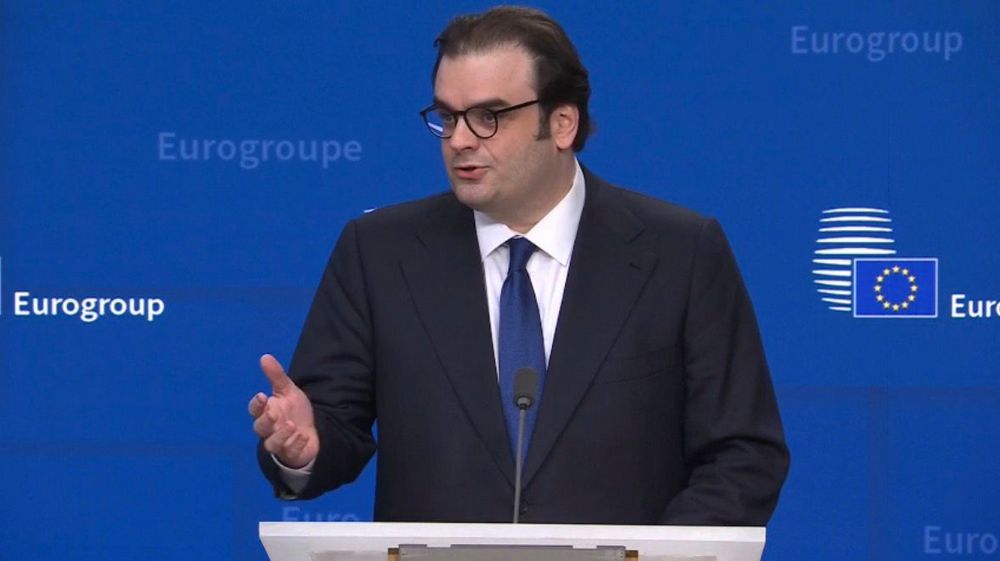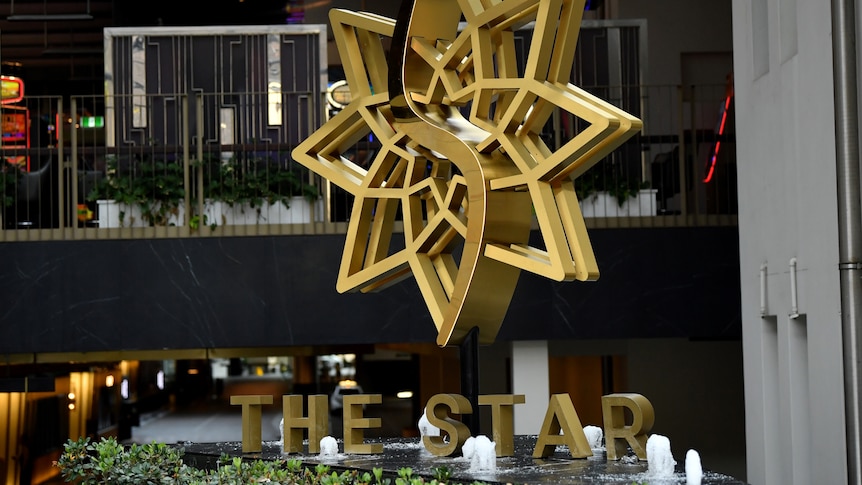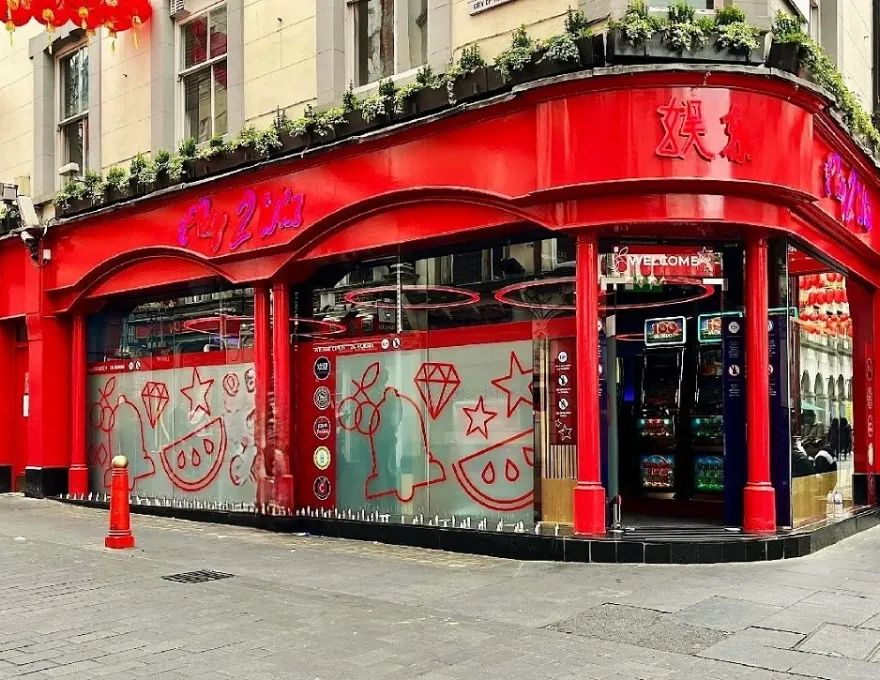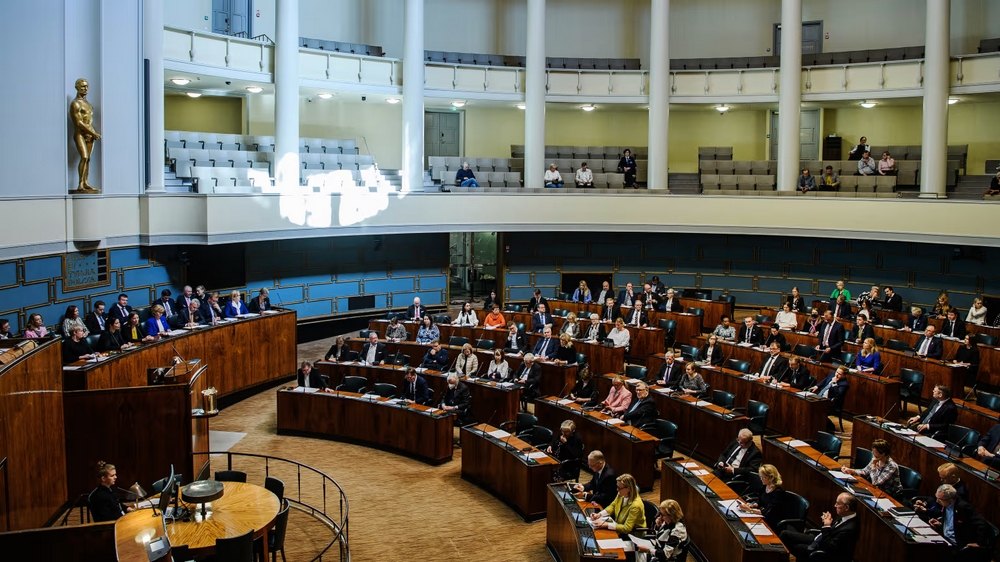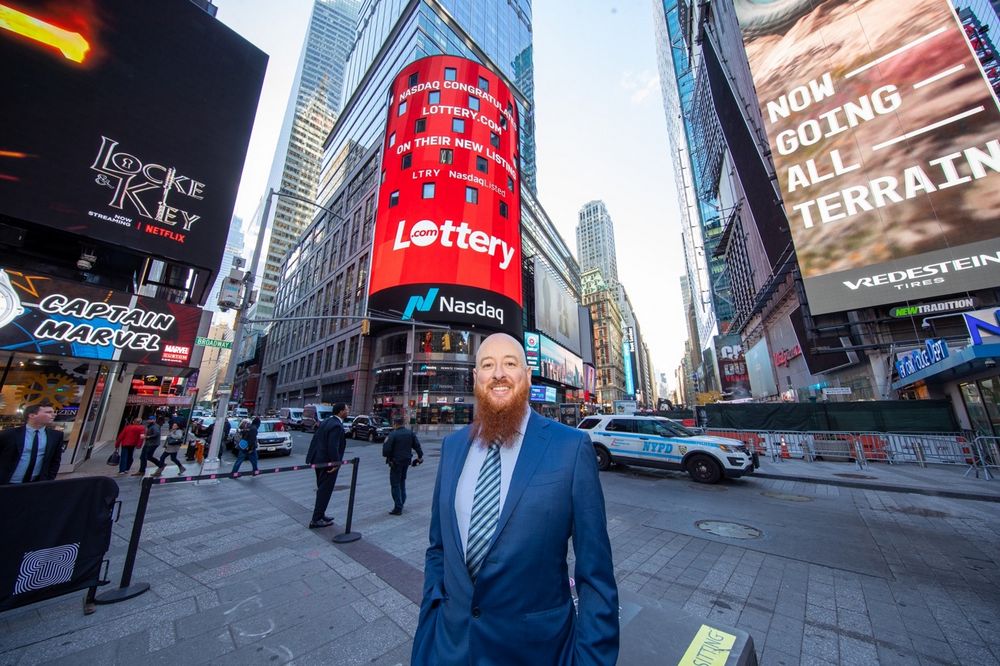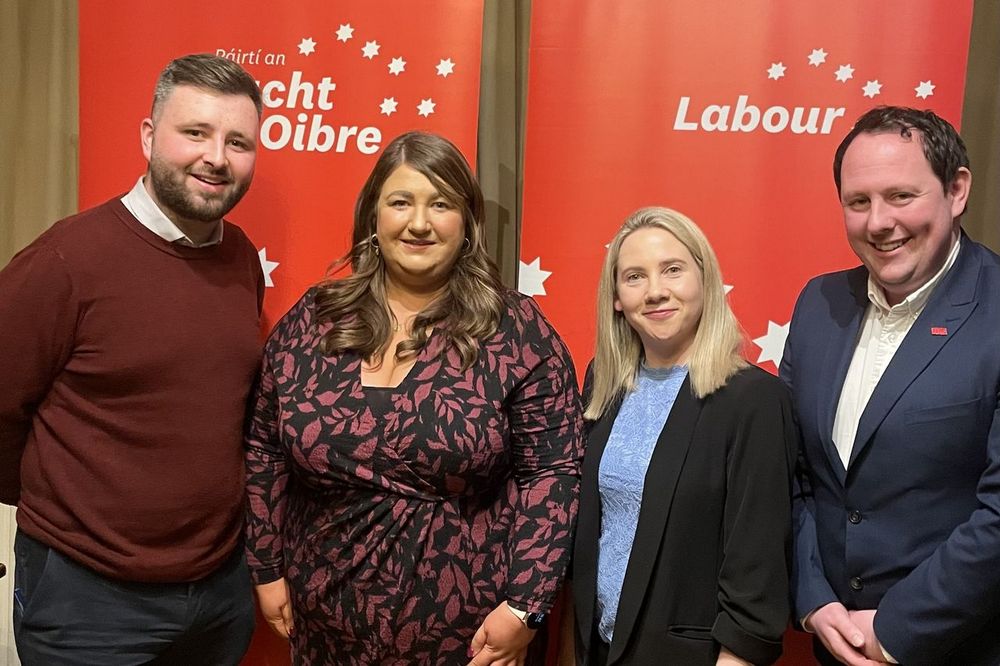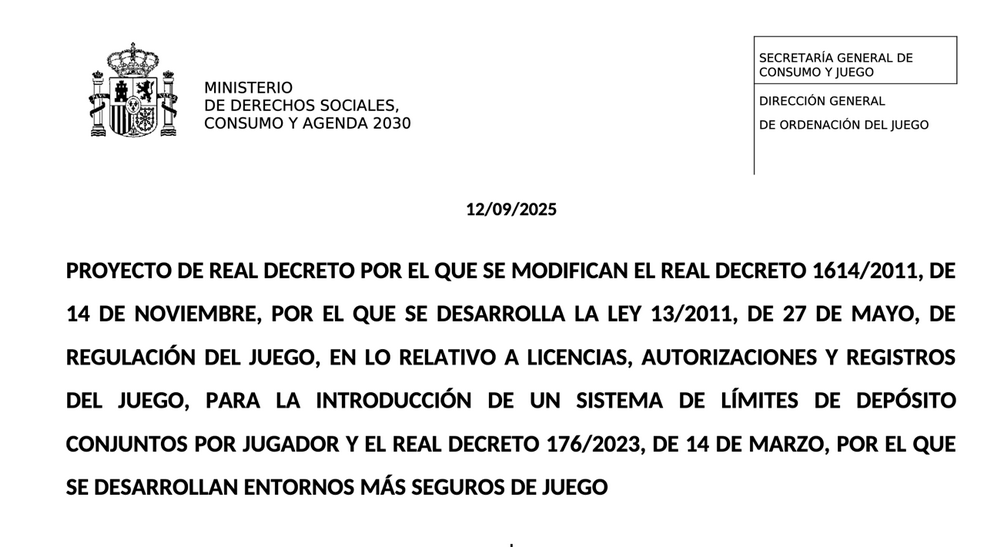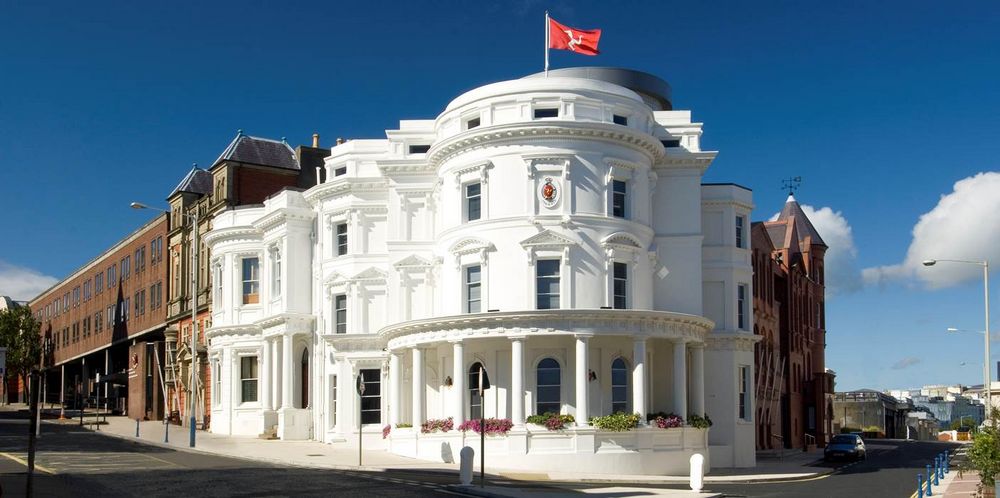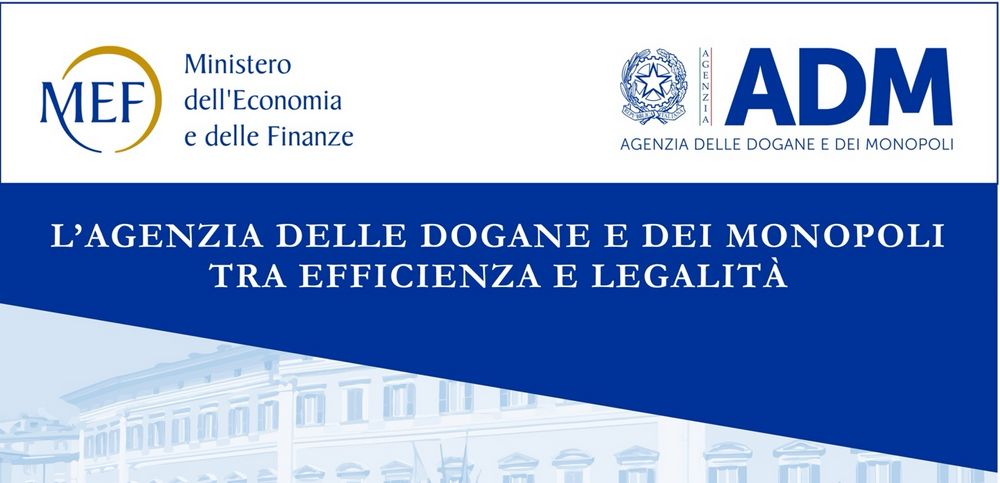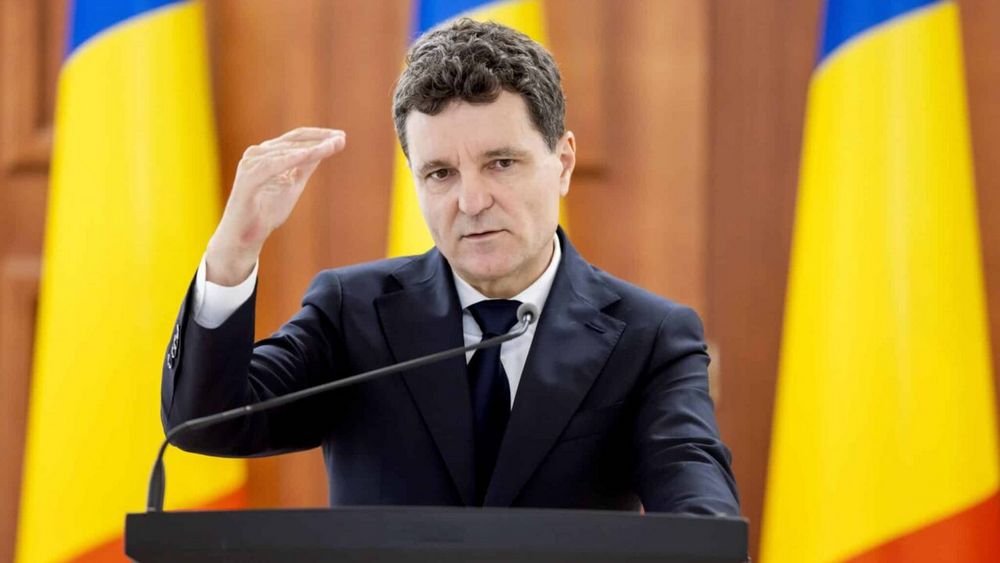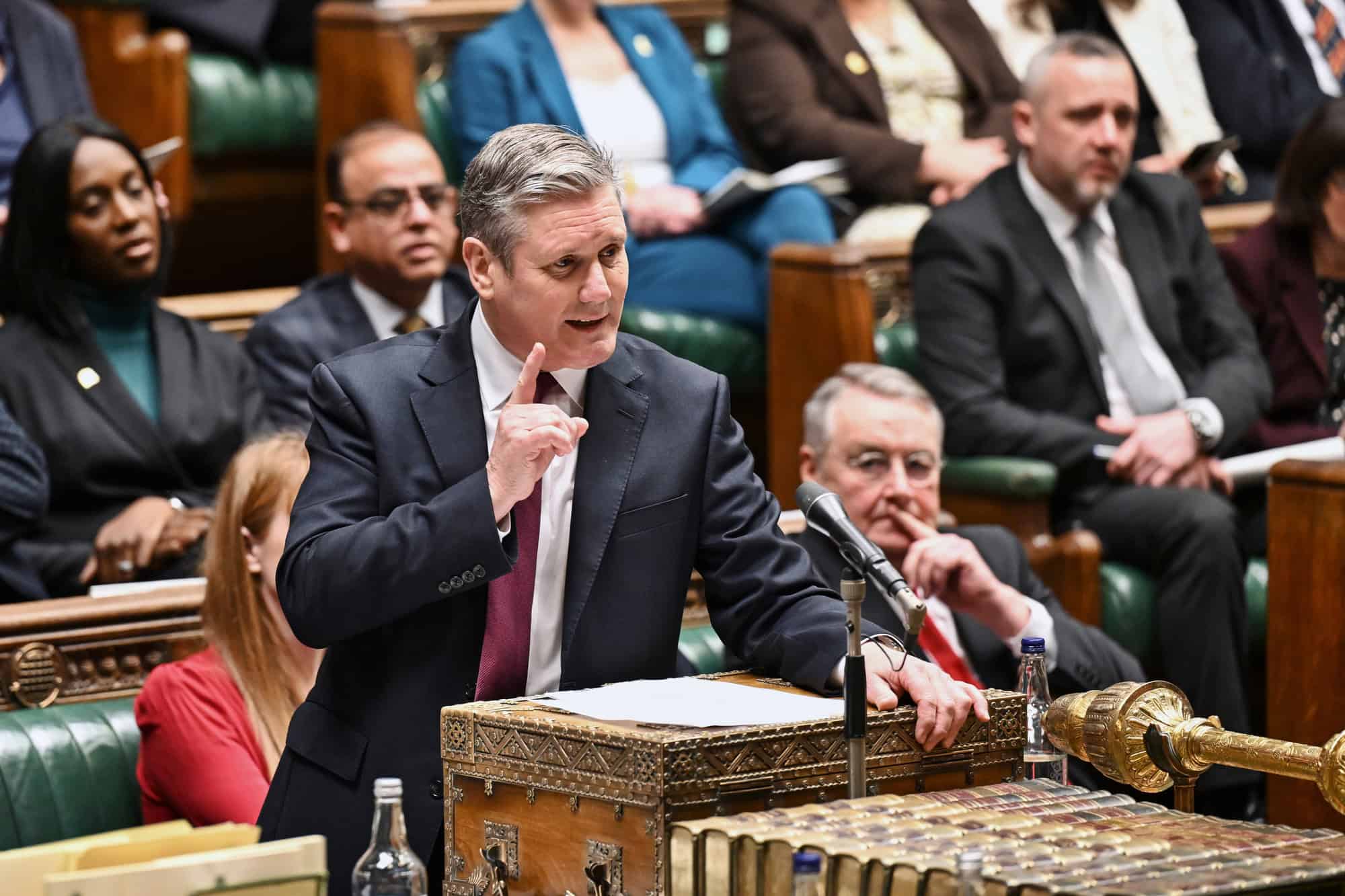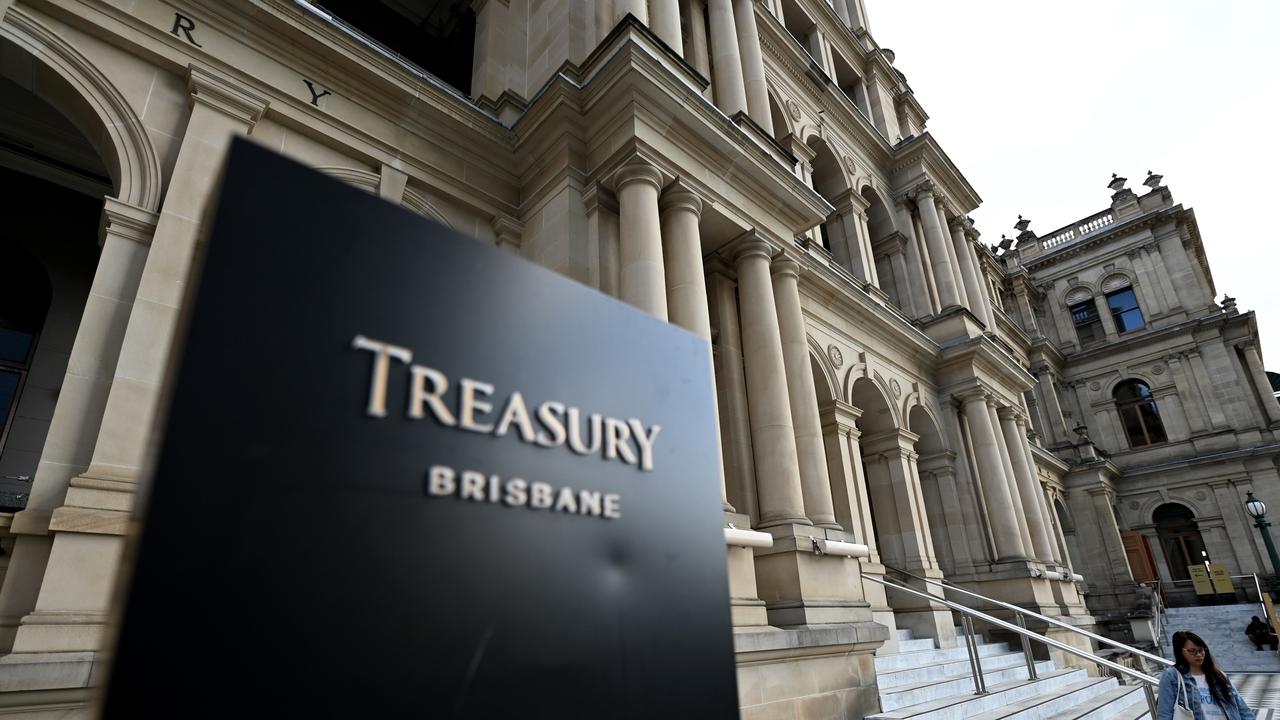Politicians, campaigners, and football figures have voiced their concerns, urging the government to impose tougher controls. At a Westminster summit, experts called on Lisa Nandy, the culture secretary, to place restrictions on gambling marketing to safeguard children and vulnerable individuals.

In 2005, Tony Blair’s Labour government revised Britain’s gambling laws and relaxed restrictions on gambling advertisements. This was just before smartphones made gambling more accessible than ever. By 2017, bookies and UK online casinos were spending over £1.5 billion on advertising, a figure that has likely continued to rise.
Majority of Public Back Ban on Gambling Ads
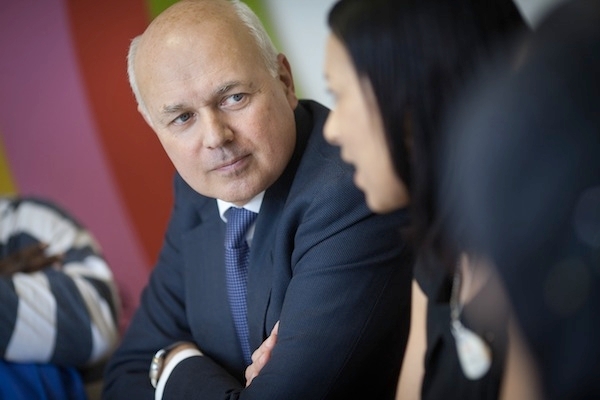
Former Conservative leader Iain Duncan Smith, co-chair of a cross-party group studying gambling-related harms, referenced a survey from Survation that showed the majority of the public favors banning gambling ads outright. While Duncan Smith stopped short of advocating for a complete ban, he stressed, “Politicians need to align with public sentiment” and added, “It’s obvious what should be done.”
Duncan Smith urged the new government to ban incentives such as “free” bets and to limit gambling ads in sports, proposing a ban on sponsorship deals with football clubs and restricting ads in and around stadiums.

Although Premier League teams have agreed to stop using betting sponsors on the front of their shirts by the end of next season, this voluntary measure does not affect other areas of the shirt or advertising in stadiums, nor does it apply to lower-league clubs.
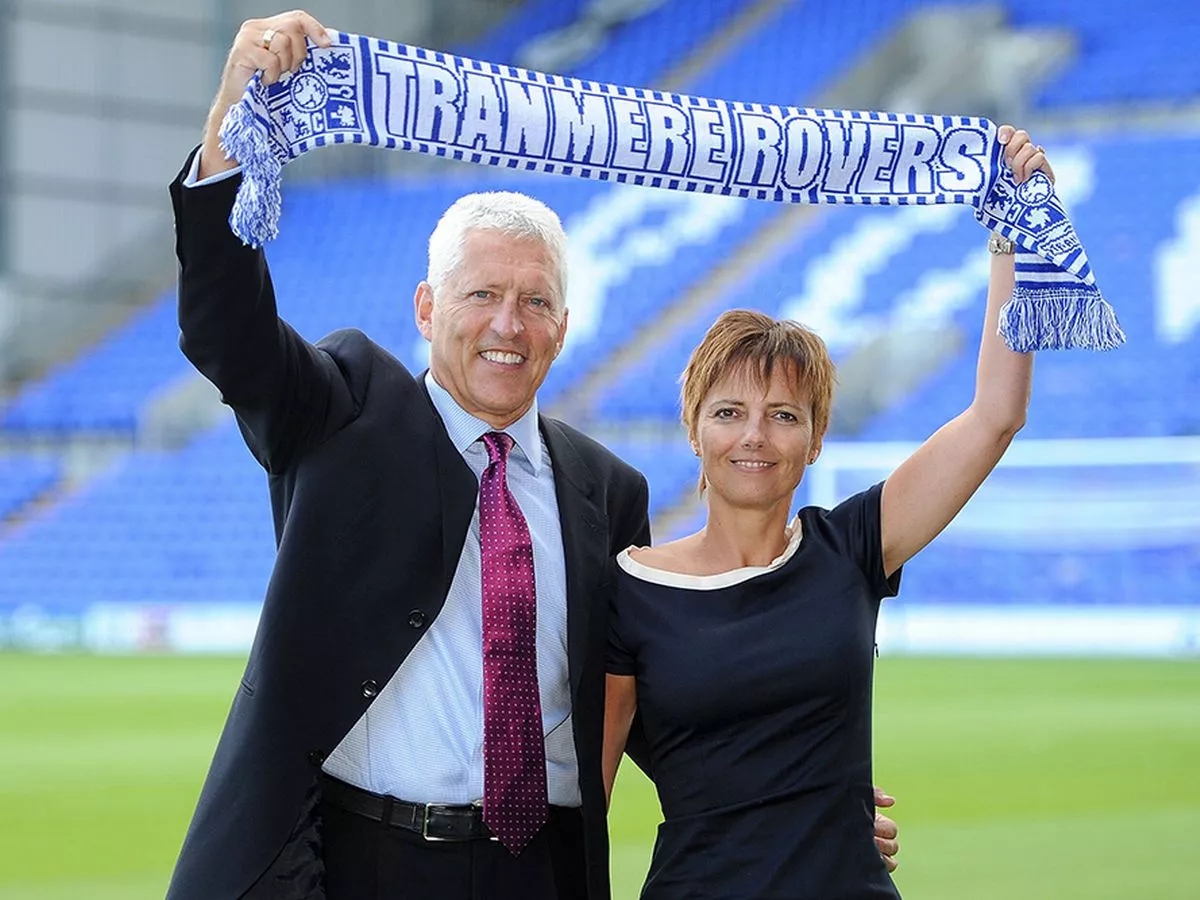
Mark Palios, former chief executive of the Football Association and chair of Tranmere Rovers, does not believe that this goes far enough as numerous children support lower league clubs. Tranmere is one of 40 clubs that have joined The Big Step, a campaign urging football clubs to reject gambling sponsorships.











